How Social Distancing and Stress are Related
The coronavirus pandemic has certainly brought massive changes to our lives. For many of us, these changes have resulted in increased levels of anxiety and stress, and for a number of people, outright fear.
Human beings are inherently social creatures. We aren’t designed to be alone, especially in times of distress, worry, or fear. We naturally herd together for comfort and safety, seeking out our community for support. We long for connection. When we can’t find it, loneliness sets in. We feel isolated, become depressed, and become less resistant to illness. That’s because cortisol levels rise, along with the accompanying physiological changes in our bodies and brains.
Stress and Coping
A recent Pew Research study found that 9 out of 10 Americans (91%) said that their lives had been impacted in at least a small way by the coronavirus outbreak, while 44% said it had impacted them in a major way. Since we are being asked to socially distance ourselves, the adjustments in adapting to these changes has certainly resulted in higher levels of anxiety and stress in many. Why is that?
First, change. Any type of change is inherently stressful.
Next, perception. Our appraisal of the change – that is, whether we perceive it as a threat or not – very much determines how stressful we believe it to be and how we will respond to it.
Then, coping. Our ability to cope with that change (based on our belief about it) typically follows from there.
The Price of Social Distancing

Everyone reacts to and copes differently with stress. When the situation is stressful, such as what we are experiencing now with the coronavirus pandemic and needing to avoid close contact with others to prevent the disease from spreading, being deprived of social connection can actually create more illness, stress, and fear. In other words, the social distance between us is increasing the coronavirus anxiety we already feel.
You or your loved ones might experience any one of a host of physical and emotional responses related to the social distancing and isolation many of us are practicing at this time. Heightened levels of anxiety, worry, or fear can be related to:
- Health status of self or loved ones
- Time taken off from work and the potential loss of income and job security
- The challenges of securing needs such as groceries and personal care items
- Uncertainty or frustration about length of time the current situation will last
- Uncertainty about the future
- Loneliness associated with feeling cut off from the world and others
- Anger or fear of being exposed to COVID-19 because of the negligence of others
- Boredom and frustration due to the inability to work or engage in regular day-to-day activities
- Uncertainty or ambivalence about what is being said on the news or social media
The Psychological Fallout of Social Distancing
Social distancing certainly comes with a price, especially for those who live alone. Mental health experts are especially concerned for the elderly and those who have no way of maintaining connections with others in the way that those who use social media might. Additionally, older adults and those with certain health conditions face increased risk, and consequently, increased levels of fear and anxiety related to becoming ill.
Nearly a quarter of elderly Americans are already socially isolated, and 43% of adults over 60 report feeling lonely. Because loneliness and isolation can be harmful to overall health, increased levels of isolation can certainly be problematic. Prolonged isolation will be even worse for these individuals.
Things to watch for:
- Symptoms of depression, including feelings of hopelessness and helplessness
- Changes in appetite, mood, or sleep
- Worsening of existing chronic health problems
- Increased used of alcohol, tobacco, or other substances
Coronavirus Uncertainty: A Biological Cascade of Anxiety, Stress, and Fear
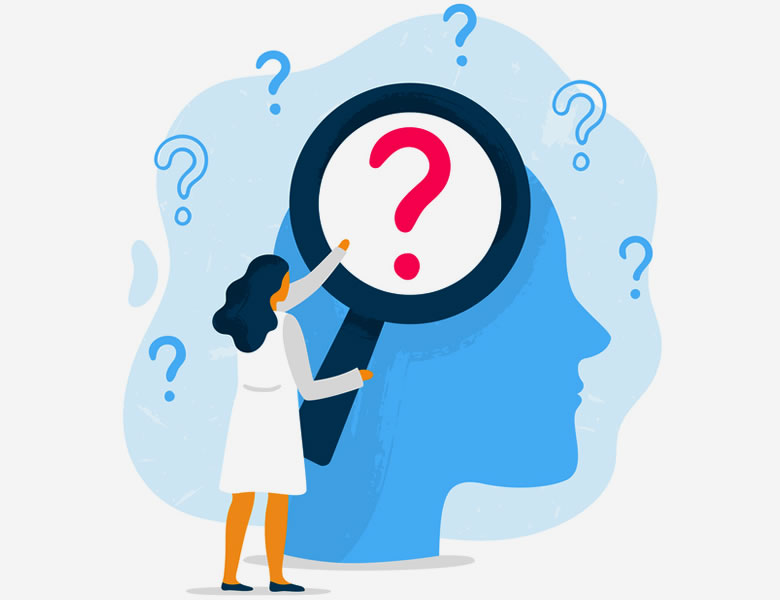
Researchers have long known that humans weren’t designed for social isolation. Stressful situations naturally lead us to seek out others to be with us when we are fearful or distressed. It calms and soothes us. Finding emotional support through family and social connections provides us with the tools we need to maintain psychological and physical health.
Another part of what keeps us feeling safe in the world is having a routine. Predictability gives a sense of control; when we know what to expect and how to handle it, we feel secure. For most of us, the world has become a very unsafe place, our daily lives have been stripped of routine, and we have lost any semblance of control.
How Loneliness and Isolation Take a Toll

Chronically lonely people have been found to have higher blood pressure, are more prone to infection, and more stressed, and are more likely to develop diseases like Alzheimer’s and other dementias.
Many will struggle with depression and boredom as a result of not being able to engage in our normal daily activities. It’s frustrating not being able to take a break and go to a movie or to the mall to shop. It’s also sad that we can’t get together with our friends at our favorite coffee shop or have dinner out at a restaurant with our family.
The Effects of Social Isolation on the Body and Brain
Stress affects us on multiple levels: psychologically, we might at first have a perception of angst or distress, while physiologically, we will be impacted on a multi-system level. We may notice a change in metabolism, or a tensing of the muscles. We may struggle with concentration or memory.
The stress response is actually quite complex, and the list of what occurs in the stress cascade is long as so many systems become engaged. For simplicity, however, here is a brief explanation of the stress response in a nutshell:
When a stressful event occurs, the amygdala sends a signal to the hypothalamus. From there, a cascade of stress hormones are released from the brain and then surge through the rest of the body. Stress, then, is experienced as a whole-body event.
Adrenaline triggers the sympathetic nervous system, putting it in an aroused state. Digestion decreases, along with other immune responses, and the liver releases glucose for energy. Heart rate increases, respiration quickens, blood pressure rises. Attention is sharpened, on the lookout for threat and danger, and the muscles tense for quick action.
One of the key players in the stress response is the “stress hormone” cortisol. Cortisol is a glucocorticoid hormone produced by the adrenal glands that affects multiple organ systems, including:
- Musculoskeletal
- Cardiovascular
- Respiratory
- Endocrine
- Nervous
This is why, when you feel anxiety, stress, or fear, you feel it all over and it affects so much of your ability to function.
Symptoms of Stress
Stress looks different in everyone, but overall, you know a stressful situation is getting to you when you are feeling higher levels of:
- Irritability
- Frustration
- Anger
- Depression
Ways to Curb Your Stress During Social Distancing
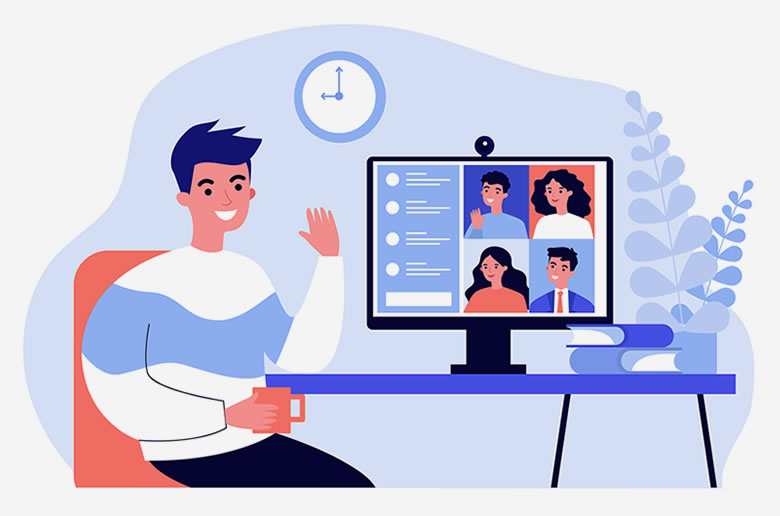
Sometimes the best way to deal with a situation we can’t control is to intentionally decide to change our own response to it. Rather than be frustrated by what we cannot do, we can focus on what we can. For example, we can:
Create a new routine for yourself and your family until things get back to normal
- If you are now working from home, for example, create a regular workspace for yourself
- Give your kids a place to do schoolwork and art projects that belongs to them
Focus on what you can control rather than allowing what you can’t to drive you crazy
- There are so many things we can do and opportunities we can engage in during this time. Social distancing does not mean we should stop connecting with others altogether, it just means we have to do it differently.
Stay connected with others
- Social media can be used to your advantage if you filter out negative and unsolicited input
- Connect with friends and family via Facetime, Zoom, or other video applications
- Enjoy some of the fun, positive YouTube videos out there
Help others – it can actually make you feel better
- If you are able to, drop off some groceries to your elderly neighbors who cannot shop for themselves right now
- Call your friends or family members who may be feeling lonely or isolated
Taking Care of Your Mental Health
- Keep mindful. When you notice anxiety is getting too high, stop, take 5, breathe
- Stay informed, but don’t check or listen to the news obsessively. When you do check for information, only check reliable resources; avoid sensationalistic news reporting.
- Fears about COVD-19 can be especially stressful if you already suffer from anxiety
- Remember you are not entirely powerless, even if things feel very out of control right now
- Focus on what you can control, not on what you cannot
- Find ways to adjust to our “new normal” for now by establishing a healthy daily routine
- Plan for what you can but refuse to catastrophize – there is a difference
Tools and Resources
How to find counseling services near you
- First, make sure the sources you use are credible and professional. Nothing beats experience. A referral from someone who has had a good experience with someone they trust can also be helpful.
- Psychology Today has a Find a Therapist feature where you can enter your city or zip code and search for verified therapists in your area. Their site also has links to free articles and their monthly magazine.
Some resources for parents
Remember that children and teens respond to stress differently than adults. Some common changes to watch for in your child or teen might include:
- Excessive crying or irritation in younger children
- Returning to behaviors they have outgrown (for example, toileting accidents or bedwetting)
- Excessive worry or sadness
- Unhealthy eating or sleeping habits
- Irritability and “acting out” behaviors
- Poor school performance or avoiding school
- Difficulty with attention and concentration
- Avoidance of activities enjoyed in the past
- Unexplained headaches or body pain
- Use of alcohol, tobacco, or other drugs in teens
Some of the resources below might also be helpful:
- Helping children cope with changes resulting from COVID-19
- Resources for supporting child emotional well-being during COVID-19
Some fun resources for kids
- Art for kids hub
- Art resources during COVID-19 (for all ages)
- Family activities to do during COVID-19
Resources for healthcare workers
CDC resources for healthcare workers
For first responders
Responding to COVID-19 can take an emotional toll on you. There are things you can do to reduce secondary traumatic stress (STS) reactions:
- Acknowledge that STS can impact anyone helping families after a traumatic event.
- Learn the symptoms including physical (fatigue, illness) and mental (fear, withdrawal, guilt).
- Allow time for you and your family to recover from responding to the pandemic.
- Create a menu of personal self-care activities that you enjoy, such as spending time with friends and family, exercising, or reading a book.
- Take a break from media coverage of COVID-19.
- Ask for help if you feel overwhelmed or concerned that COVID-19 is affecting your ability to care for your family and patients as you did before the outbreak.
Resources for first responders
Substance Abuse and Mental Health Services Administration Disaster Distress Helpline
1-800-985-5990
National Suicide Prevention Lifeline
1-800-273-TALK (8255)
Answers to Some Frequently Asked Questions About Anxiety, Stress, and Fear
I’m worried about what I am hearing on the news and from friends about the pandemic. What should I do?
Prepare, don’t panic. Between the news media and social media, there is a lot of information circulating out there. While some of it is true, much of it is only partly correct or not based on all the facts, especially as information changes on a daily basis. Only use credible sources when seeking information on the coronavirus. The CDC, World Health Organization, or science-based information are your best sources about the illness and how to prevent it.
Will stress make me more likely to catch the virus?
Mindfulness helps. While stress can certainly affect the immune system, it is uncertain whether short-term stress can cause someone to be more vulnerable to the new coronavirus. Reducing your stress in a healthy way is important. Remember to sit quietly, to breathe, to keep from becoming too overwhelmed, and to not allow fear to control you.
I am staying at home and feel lonely and isolated. What should I do?
- Develop a plan for what you would like to accomplish during this time.
- Maintain familiar routines whenever possible.
- Continue regular sleep schedules, eat healthy food, and catch up on other things you’ve been meaning to if you can.
- If you have spare time, enjoy your favorite hobby or catch up on home projects.
- Get outside for some sunshine, work in the garden, or take a walk or a jog if you can do so while also maintaining social distancing.
- Stay in touch with loved ones via the telephone and virtual means.
I’m feeling a lot of stress and anxiety. What should I do if I can’t stop worrying?
Lots of people are feeling extra anxiety these days. Seek professional help and support when you need it. Sustained anxiety and stress can weaken your immune system. If you are losing a significant amount of sleep, are unable to stop worrying, or are not eating well, then your stress levels will only increase. In that case, you may be putting yourself in a state of heightened stress and it is time to seek help.
Some other resources for finding help for managing stress and anxiety:
Most doctors, and of course therapists, are providing telehealth services for those who need it. There are also some helpful resources online at the following site locations:
CDC: Managing Anxiety and Stress. https://www.cdc.gov/coronavirus/2019-ncov/prepare/managing-stress-anxiety.html
Psychology Today: What is Anxiety? https://www.psychologytoday.com/us/basics/anxiety
Worried and Anxious About the Coronavirus? Psychologists Offer Advice on How to Cope. https://www.psychologytoday.com/us/blog/your-personal-renaissance/202003/worried-and-anxious-about-the-coronavirus
Talking to Kids About the Coronavirus. https://childmind.org/article/talking-to-kids-about-the-coronavirus/
Are there online support groups and other resources available?
References
American Psychological Association. (2020). Keeping your distance to stay safe. https://www.apa.org/practice/programs/dmhi/research-information/social-distancing
CDC. (2020). Coronavirus: Stress and coping. https://www.cdc.gov/coronavirus/2019-ncov/daily-life-coping/managing-stress-anxiety.html?CDC_AA_refVal=https%3A%2F%2Fwww.cdc.gov%2Fcoronavirus%2F2019-ncov%2Fprepare%2Fmanaging-stress-anxiety.html
HereToHelp. (2019). Mental health: Stress and well-being. https://www.heretohelp.bc.ca/wellness-module/wellness-module-2-stress-and-well-being
Kantor, J., & Kukzynski, A. (2020). Social distancing comes with social side effects – here’s how to stay connected. https://theconversation.com/social-distancing-comes-with-social-side-effects-heres-how-to-stay-connected-133677
Lumen Learning. (2019). Endocrine system: The stress response. https://courses.lumenlearning.com/boundless-ap/chapter/stress/
Miller, G. (2011). Why loneliness is hazardous to your health. https://science.sciencemag.org/content/331/6014/138.summary
Miller, G. (2020). Social distancing prevents infections, but it can have unintended consequences. https://www.sciencemag.org/news/2020/03/we-are-social-species-how-will-social-distancing-affect-us
SAMHSA. (2020). Tips for social distancing, quarantine, and isolation during an infectious disease outbreak. https://www.samhsa.gov/sites/default/files/tips-social-distancing-quarantine-isolation-031620.pdf
Thau, L, & Sharma, S. (2019). Physiology, cortisol. https://www.ncbi.nlm.nih.gov/books/NBK538239/

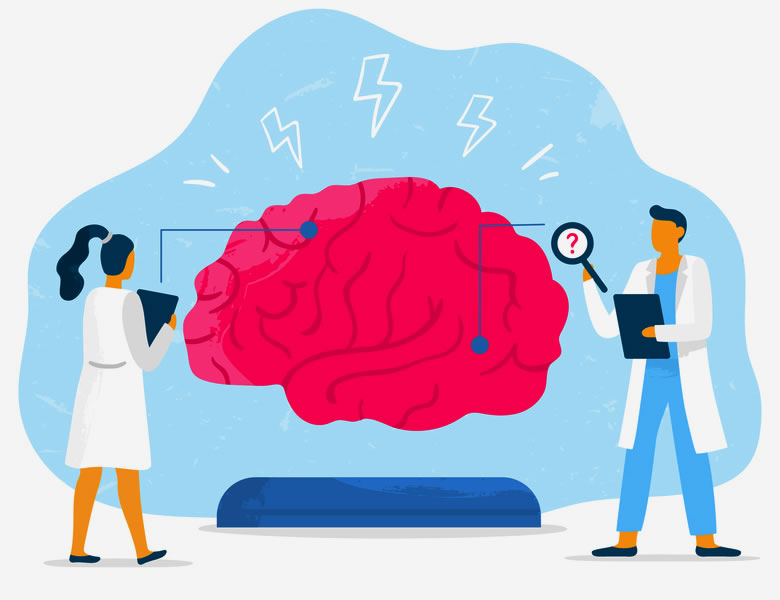
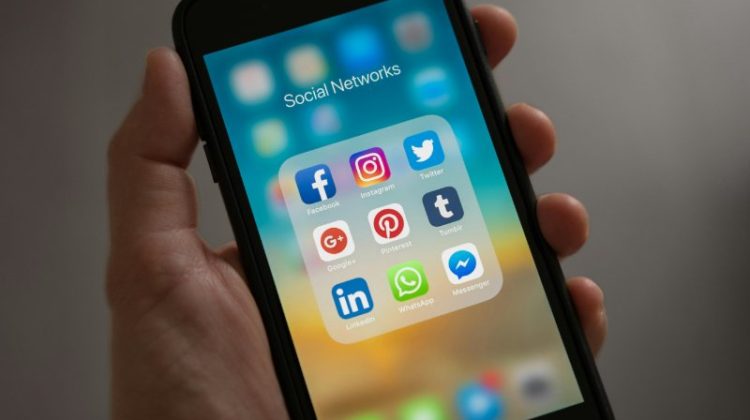
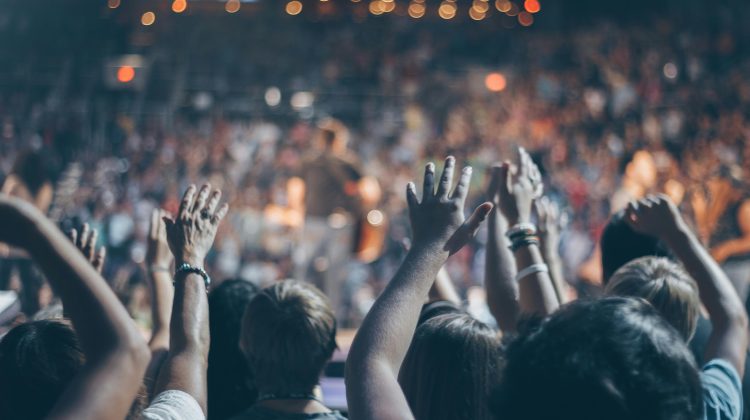

No Comment